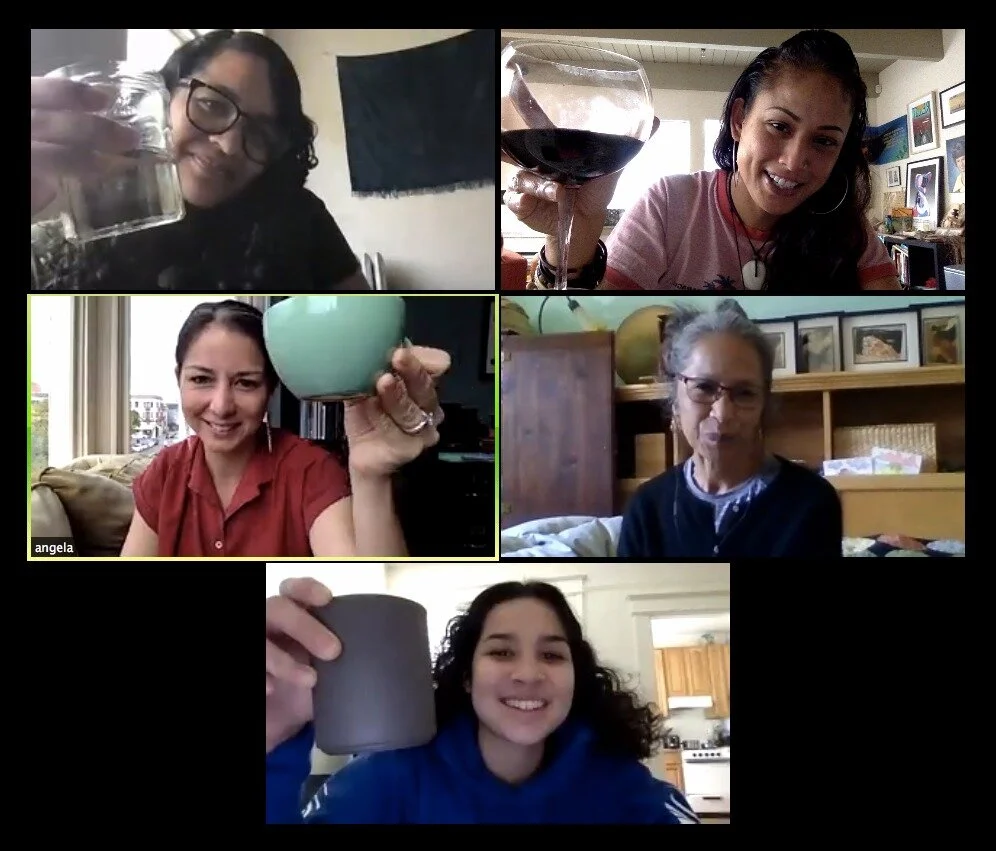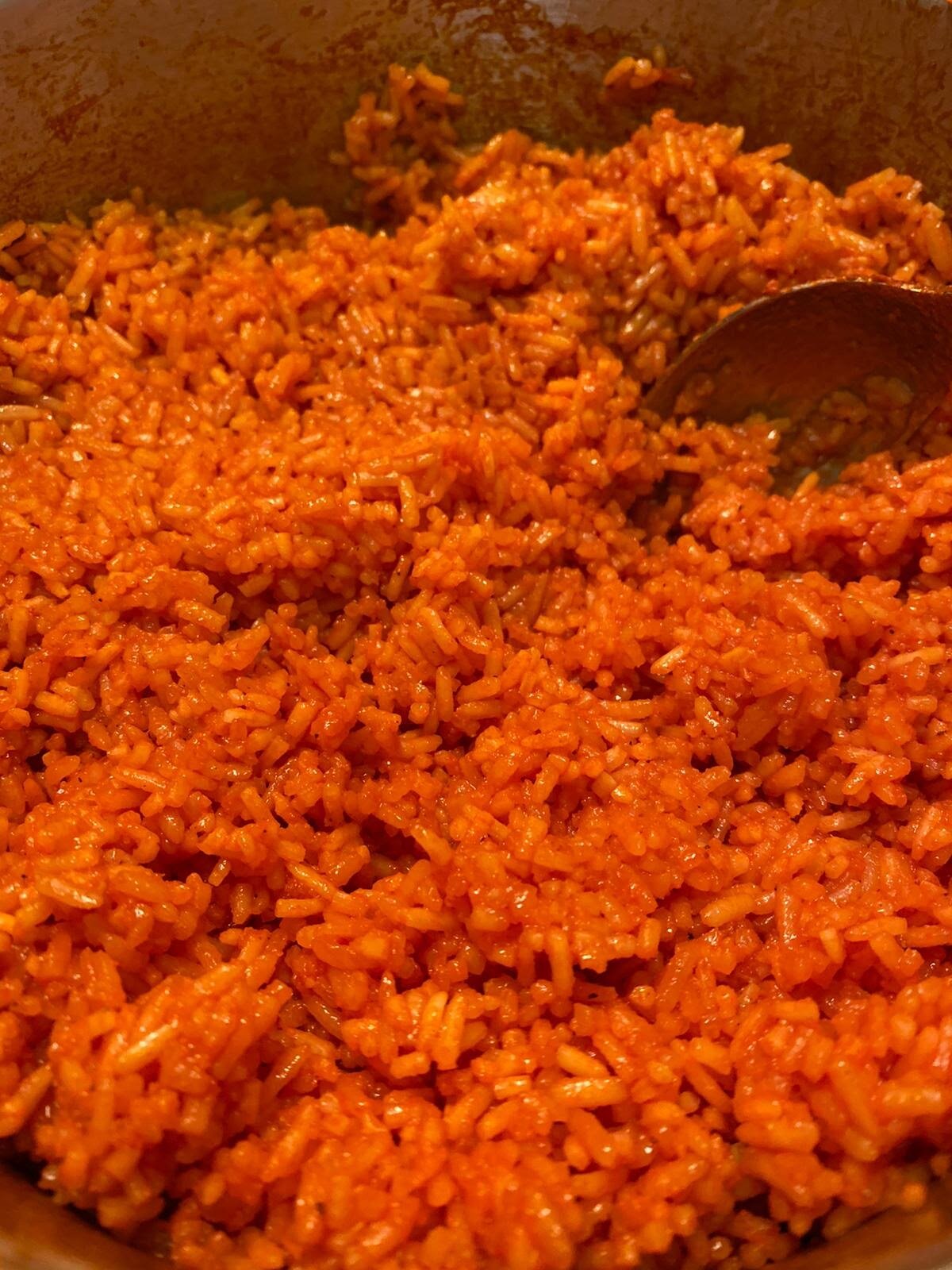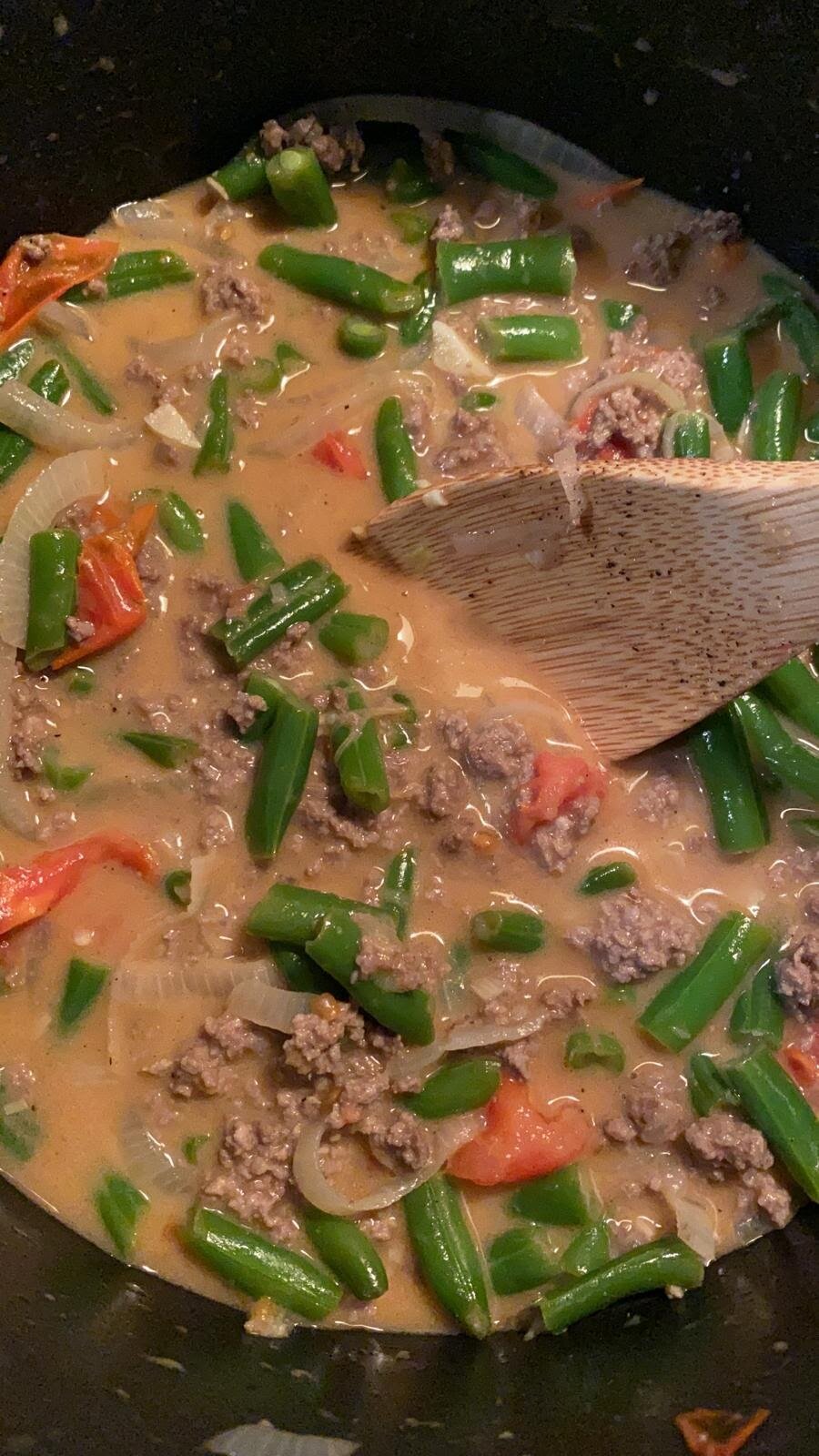Tumaiguini
Written by Martha Duenas | March 2020
FestPac 2016 Guåhan Canoe Ceremony | photo by ifit
Pulan : Tumaiguini - this is the way
Part I
Coming together every moon to share food and celebrate i famalao’an, the woman, feels like an ancient ritual. Grounded in culture and inspired by tradition, each delicious dish brought to the table is an offering in the spirit of our ancestors. With this act of sharing, six island daughters reach across unfamiliar spaces as we come to know one another and then remember. Standing erect, we recite our familial lineage to claim our place and the legacy of our matrilineal heritage. We harvest our gardens, read poetry, master family recipes, experiment with new ingredients and birth beautiful babies to awaken the senses. Weaving our stories plait by prose, we lift our collective hearts in chant and paddle our galaides, our canoes, home.
Missionization, colonization, occupation, industrialization, militarism and war brought centuries of shock, disruption and forgetting to our islands. Dispossession of land is a key strategy for colonial dominance. The western economic model of “development” programs proclaiming progress imposed upon our Indigenous community systematically reduced our sacred relationships with our natural world to a commodification of “resources” extracted for capital and national security. Our shorelines, jungles, reefs, gardens, ancient village sites, waters and skies made way for command headquarters, resort hotels, air strips, dredged harbors, quarried cliffs, golf courses, bomb test sites and live-fire range complexes. Our sacred homeland weaponized, we became, “The Tip of the Spear.” We struggled to satiate the imperial militarist appetite.
No longer able to provide for ourselves through traditional practices of fishing, farming, hunting, and gathering, wage labor became our means for survival. Lack of employment opportunities and training, in addition to low wages created the increasing reliance on cheap, manufactured, imported foods. Devoid of nutrition and laden with preservatives, salt, sugar and fat, our dependence on purchased, processed food is reflected in the high rates of preventable chronic diseases in our islands and reinforced the disconnection to our way of life.
Virtual Menu:
tinaktak
red rice
corn soup
månha titiyas




